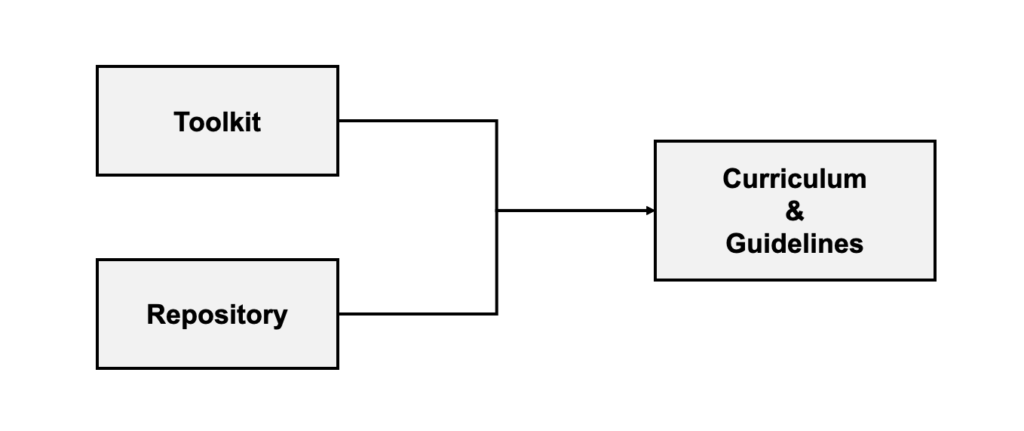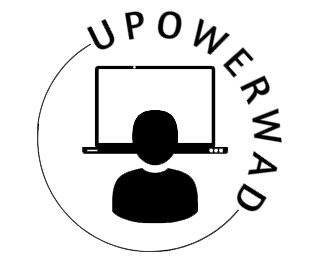Why is the UPowerWAD Project important?
Public sector websites and apps across Europe should and need be accessible to everyone. It’s an important aspect of inclusion that information are equally accessible. The Web Accessibility Directive (WAD) has been in force since 2016 with the goal to provide people with disabilities with better access to websites and mobile apps of public services. For more information, see Web Accessibility Directive
Despite the implementation of the WAD, end users encounter problems, but they do not know how, where and to whom express them to public sector bodies. The project aims to bridge that gap.
In fact, this project is emphasizing the need of engaging, empowering and training end users with disabilities on how to provide constructive feedback regarding accessibility issues of the public sector websites across Europe.
In the context of accessibility issues of public sector websites and apps across Europe the project wants to:
- raise awareness
- empower and train people with disabilities
- enable active participation in the implementation of the Web Accessibility Directive.
What are the deliverables?
The project is divided into two phases with a total of four main results:

- First the project will develop a methodological toolkit for how to capture and categorise feedback from users in the context of web accessibility.
- Secondly the project will develop an interactive repository of best practices on structuring and reporting web accessibility issues.
- Based on the results of the first phase the project will develop a model curriculum on how to train people with disabilities to be more independent and provide relevant and actionable feedback on web accessibility issues. This model curriculum will be made available in English, German, French, and Swedish.
- Finally, the project will produce practical guidelines on how to scale up the curriculum to different contexts and member states across Europe
